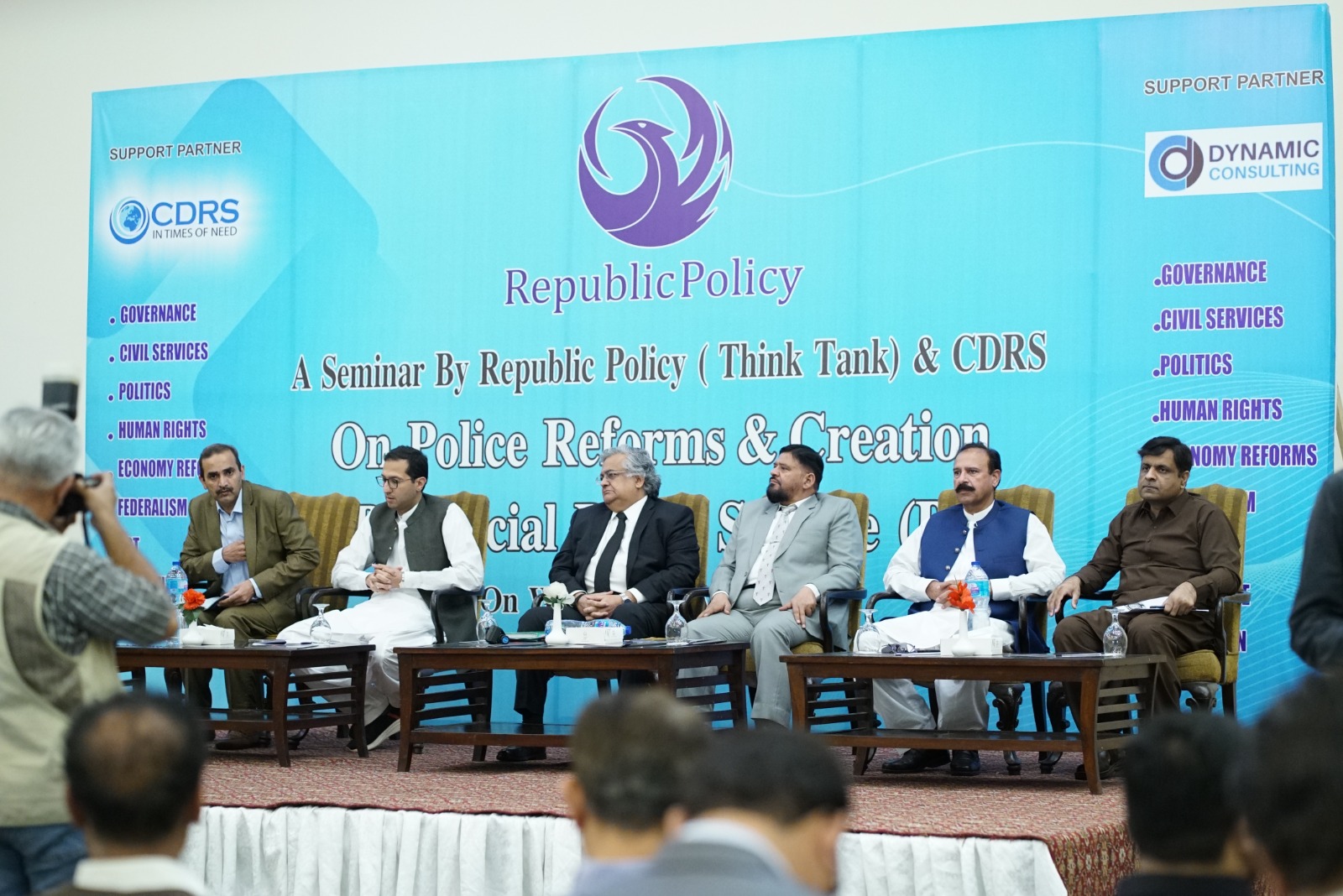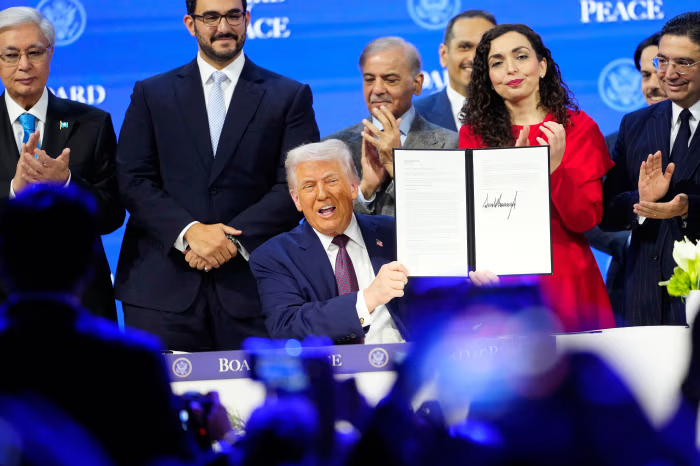Editorial
The civil service reforms in Pakistan have been nothing but an illusion. These reforms often fail before they even begin. The civil service monopolizes the administrative corridors of power, leaving politicians unable to effectively lead and dissect administrative processes. As a result, politicians are reliant on civil servants for administrative affairs and even for implementing reforms. It is the constitutional mandate and obligation of the political executive to reform civil services, yet this needs to be addressed. Instead, federal bureaucrats are empowered by politicians to carry out civil service reforms, maintaining the colonial scheme of reserving provincial posts for central services. As a result, civil service reforms have been limited to superficial changes in service nomenclature or functions, such as renaming positions or altering reporting structures, without addressing the underlying issues of accountability and efficiency. This conflicts with constitutional federalism and the Provincial Civil Servants Act. To truly achieve the objectives of civil service reforms, independent constitutional and structural experts must be empowered to lead the reform efforts.
Police reforms in Pakistan are not a matter of choice, but a constitutional obligation. According to the constitution, the administration of police is a provincial subject, yet the police are organized centrally as the Police Service of Pakistan (PSP), without the necessary enactment and legal instruments. The creation of a Provincial Police Service (PPS) is not just a recommendation; it is a constitutional obligation. It is also crucial to abolish the class system within the police force for proficiency and career progression. Policing is not simply about administrative skills; it encompasses core skills of operations, investigation, prosecution, and administration. The political executive must lead the police according to law and processes, while the police should be provided with lawful guarantees to prevent illegal intervention.
In conclusion, the civil service and police reforms in Pakistan demand assertive action. It is the responsibility of political leaders to step up and empower independent experts to drive meaningful change. The creation of a Provincial Police Service is not just a recommendation; it is a constitutional obligation. The abolishment of the class system within the police force is crucial for proficiency and career progression. It is time for comprehensive reform that aligns with constitutional principles and empowers the police to serve the public effectively and accountably. Lastly, police reforms have two primary objectives. The first is the establishment of police, and the second is about police functions. There have yet to be discussions about the establishment of police; therefore, it is a need of the hour to debate the establishment of police and finalize realizing it for administrative federalism.
Please, subscribe to the YouTube channel of republicpolicy.com















